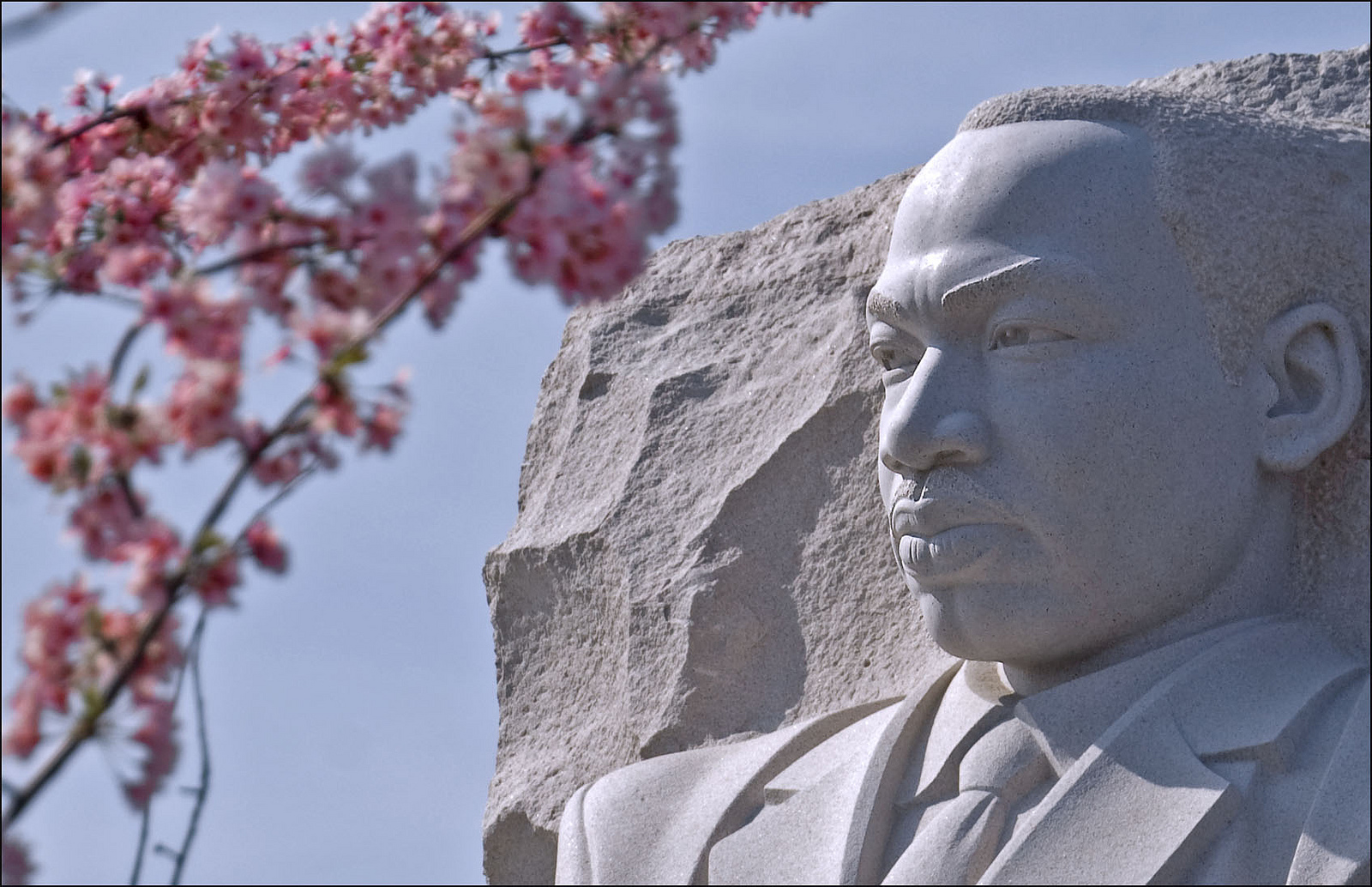Martin Luther King Jr., That Great Religious Fundamentalist?

Today we remember the great civil rights leader, Martin Luther King Jr. Nearly universally respected, King is particularly commended by secular liberals.
This is highly ironic because King, a Baptist minister, embodied many of the things that secular liberals today dislike the most about “conservative” Christians.
If you actually read what King wrote and said, you might be surprised (or not surprised) to find that he regularly appeals to God, the Bible, and even the natural law. Put any of these words in the mouth of a conservative Christian today and liberals would probably label the person a “fundamentalist,” sound the alarm of a coming theocracy, and silence the person with appeals to an extreme form of “separation of church and state.”
Here are a few examples of what I’m talking about:
1) God’s Word, God’s Will
If you’re not supposed to quote the Bible or reference God in public discourse, King didn’t get the memo.
As a baptist preacher, the Word of God was one of King’s primary texts. He quotes the Bible in his famous “I Have a Dream Speech” and repeatedly calls for peace between all of “God’s children.” And in his final public speech, amidst copious references to Scripture, he was clear: “I just want to do God’s will.”
2) The Natural Law
Heard of King’s famous Letter from a Birmingham Jail? It in, he famously calls out white Christian pastors for not taking the civil rights movement seriously enough.
But if you’ve actually read it, you might be surprised by his argumentation:
“One has not only a legal but a moral responsibility to obey just laws. Conversely, one has a moral responsibility to disobey unjust laws. I would agree with Saint Augustine that ‘an unjust law is no law at all.’
“Now, what is the difference between the two? How does one determine whether a law is just or unjust? A just law is a man-made code that squares with the moral law or the law of God. An unjust law is a code that is out of harmony with the moral law. To put it in the terms of Saint Thomas Aquinas: An unjust law is a human law that is not rooted in eternal law and natural law.”
In other words, it’s okay to disobey a civil law if the law contradicts the law of God. This is of course the traditional Christian position, but it’s not exactly the kind of rhetoric that secular liberals like to hear today.
3) Sin
As a Baptist minister, King didn’t flinch from using that most unprogressive of words: sin.
Yes, some things are wrong and can be named as such. Segregation was one of those things: “Segregation is not only politically, economically and sociologically unsound, it is morally wrong and sinful.”
4) Preacher of the Gospel > Activist
Even though he’s most famous for his civil rights work, King himself said that his work as a preacher of the saving Gospel of Jesus Christ was more important than his activism:
"But before I was a civil rights leader, I was a preacher of the gospel. This was my first calling and it still remains my greatest commitment. You know, actually all that I do in civil rights I do because I consider it a part of my ministry. I have no other ambitions in life but to achieve excellence in the Christian ministry. I don’t plan to run for any political office. I don’t plan to do anything but remain a preacher."
Activism, while important, is only second to the Gospel.
So on this Martin Luther King Jr. Day, let us honor King by honoring what he considered most important: his Christian faith.